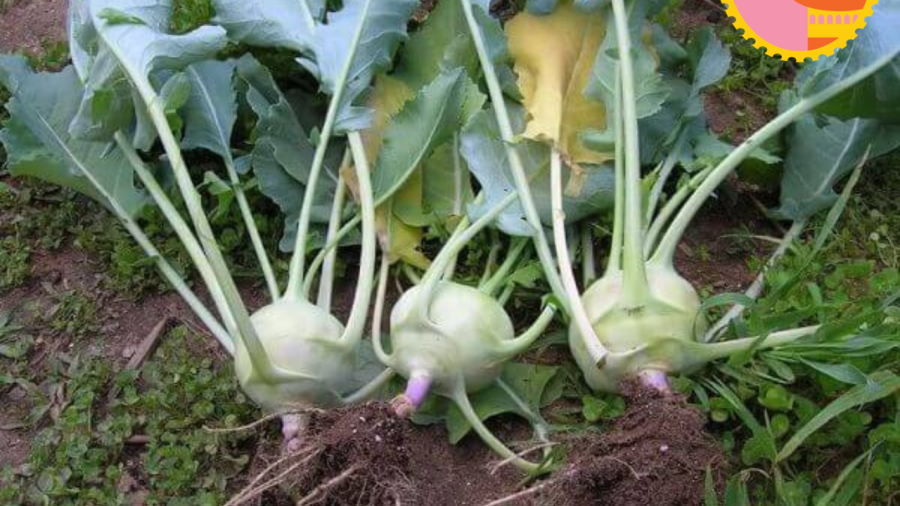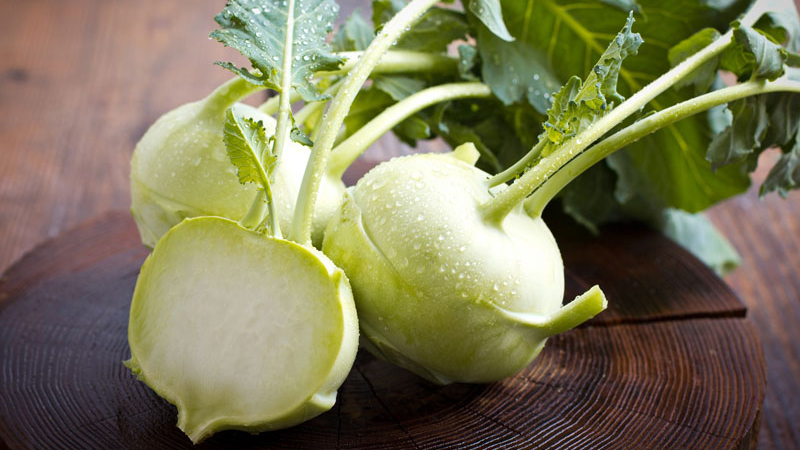Health Benefits of Parsnips
According to the Compendium of Materia Medica, parsnips belong to the cabbage family, have a sweet and spicy taste, and are cool in nature.
Parsnips are also called “phiết làn”, “giới lan”, or “giá liên”. Parsnips have the effect of treating urinary disorders (meaning cloudy urine, small drops of urine), sinusitis (sinus inflammation), poisoning, and intestinal bleeding… Besides the root, parsnip leaves are also used in medicine, with expectorant and digestive effects.
According to the United States Department of Agriculture (USDA), 100 grams of parsnips provide 27 calories, 1.7 grams of protein, 6.2 grams of carbohydrates, 3.6 grams of fiber, 24 milligrams of calcium, 19 milligrams of magnesium, 46 milligrams of phosphorus, 350 milligrams of potassium, 20 milligrams of sodium, 62 milligrams of vitamin C, 22 micrograms of beta-carotene, and 16 micrograms of folate.
Therefore, parsnips are known to be a very healthy vegetable.

However, there are still people who should not eat parsnips to avoid harming their health.
People with stomach pain, children
Parsnips are a food that can be prepared in many ways. However, if eaten raw, the concentration of nutrients will be higher, but it can cause stomach pain for some people with poor digestion.
Even people with stomach pain or young children should not eat raw parsnip salads or eat them raw directly. According to traditional medicine, eating too many parsnips will deplete vital energy and blood.
People with thyroid problems
In addition, parsnips can contain goitrogens, plant compounds commonly found in cruciferous vegetables such as cabbage and broccoli… that can cause goiter. Therefore, people with thyroid disorders should limit their consumption of parsnips.
Eating too many parsnips depletes vital energy and blood
According to Traditional Chinese Medicine, parsnips have a cool nature and a slightly bitter sweet taste, with the effect of expectorating, quenching thirst, detoxifying, promoting diuresis, reducing inflammation, and treating various conditions such as cloudy urine, bloody stools, unknown toxins, excessive heat due to imbalance, and coma caused by wind attack.
However, traditional Chinese medicine doctors still advise against eating too many parsnips because they can detoxify and promote diuresis. When the detoxification process is too strong, it can deplete vital energy and blood.

Tips for choosing and buying parsnips:
– When buying parsnips, choose medium to small-sized roots with many young leaves as they tend to be sweeter and softer.
– Choose intact roots that have natural color, freshness, a firm feel, and are heavy when held. Avoid those with cracks or blemishes, wilted appearances, or strange odors (such as the smell of spoiled fruits or chemical odors).
– Do not choose roots that are too glossy, shiny, or unusually fresh-looking, as they may have absorbed a significant amount of plant protection chemicals and growth stimulants.
Exploring the Benefits of Chia Seeds on Good Health: What You Need to Know
Did you know that chia seeds come from the same family as herbs that are used in spices such as mint and basil? These seeds are a popular health food due to their unique health benefits. Read on to find out how these seeds can be used and why they're so beneficial!
Understanding the Uses and Benefits of Essential Oils
What are the therapeutic properties of essential oils? How can they be used to improve your wellbeing? This article will explore the various types of essential oils, their benefits and uses. Uncover the power of these natural remedies and find out how they can help your own health and wellness!



































